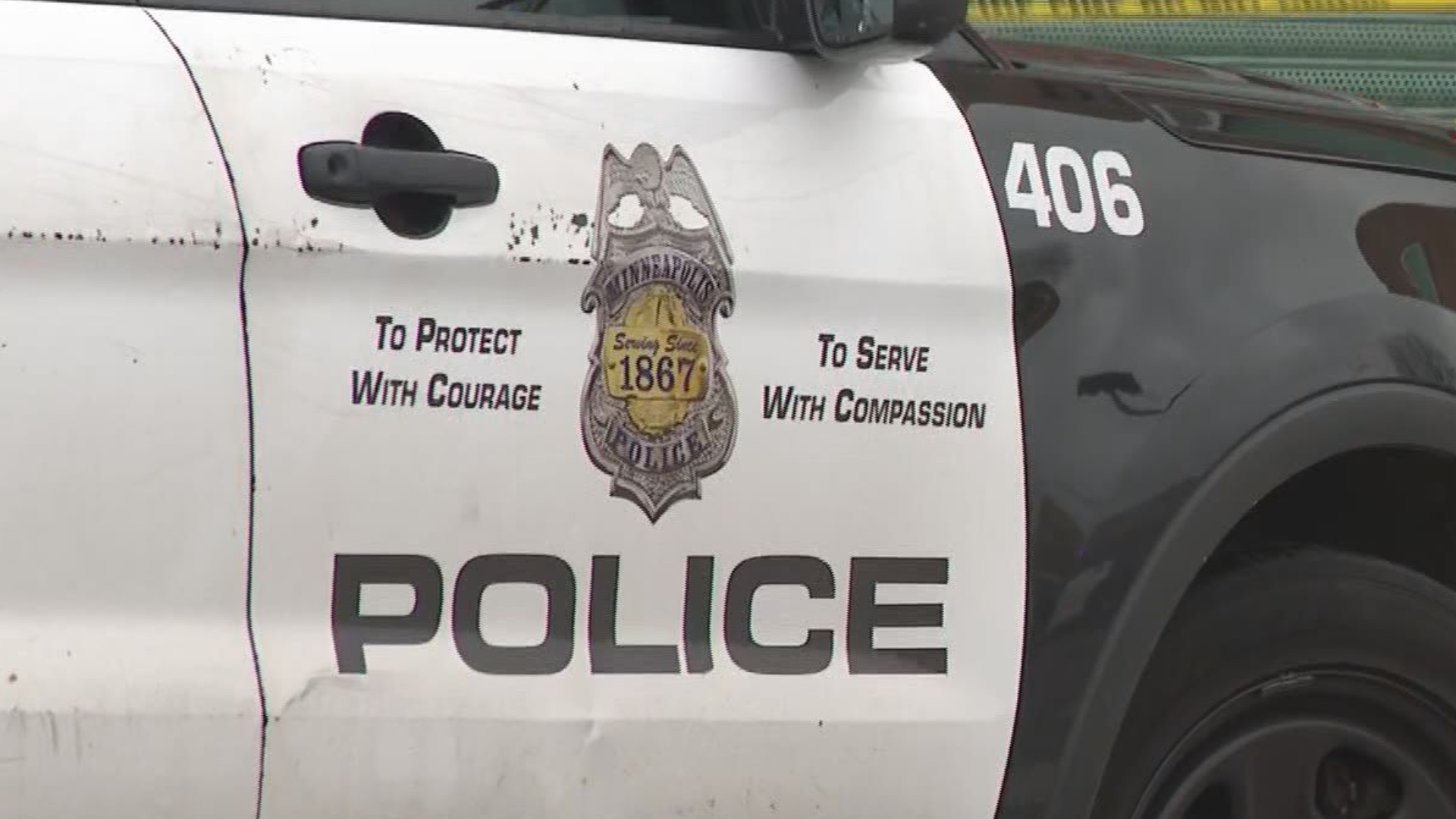MINNEAPOLIS — A day after the State announced its investigation found the Minneapolis Police Department violated civil rights law, KARE 11 is digging deeper into the tool that can hold the department accountable moving forward.
It's called a consent decree and it has been used across the country to reform police departments.
It's important to note that the parties involved are in the very beginning stages of what is a lengthy process.
But it is a process that has leverage because a consent decree is legally-binding, sets timelines and uses an independent monitoring group to regularly report any progress.
"Without fundamental organizational culture change, reforming MPD's policies and procedures and trainings will be meaningless," said MDHR Commissioner Rebecca Lucero on Wednesday.
That's when the MDHR announced its investigation into MPD found it engages in illegal racial discrimination — a pattern it laid out in a report after reviewing thousands of pieces of data from the last ten years.
The next step, Commissioner Lucero said, is to negotiate with MPD and the City to develop a consent decree that lays out specific changes to make.
The legally-binding state agreement is similar to federal ones that have been used after police killings in cities like Ferguson, Baltimore and Cleveland — where Dr. Ronnie A. Dunn is an urban studies professor at the Maxine Goodman Levin College of Urban Affairs.
"I think it's the best, viable tool or mechanism we have," said Dr. Dunn. "That’s the best opportunity that the community has to ensure constitutional policing is done
He's also a member of the the Cleveland Police Monitoring Team that was instituted after Cleveland entered into a consent decree seven years ago — when the Department of Justice ruled the police department had a pattern of excessive force.
"Many police departments are working towards reforming and trying to transform policing, and we have a considerable ways to go," said Dr. Dunn.
There will be a group to monitor MPD, but Dr. Dunn cautions it can take at least a year to form. It's made up of a diverse team, including lawyers, psychologists and data experts who engage with the community to identify problems and regularly report any progress to a judge.
There's also no telling when a consent decree may be met.
Oakland Police, for example, have been under federal watch now for 19 years after residents filed a lawsuit because some officers planted drugs and beat up citizens.
Baltimore entered a consent decree in 2017.
"They have to reach compliance and until they do they will be under those reform measures," said Dr. Dunn. "It’s imperative that the community members remain engaged throughout this process."
The MDHR says, in the coming months, it will meet with community members, MPD and city staff to get feedback on what should be in its consent decree.
As soon as that's developed it says the monitoring team will be finalized.
Anyone can go to MDHR's website and submit ideas for potential changes that could be part of a consent decree with the City of Minneapolis.
Commissioner Lucero called this state consent decree unprecedented. The MDHR has only issued two other ones in the last three years and none against an agency as large as MPD. One was against West Lutheran High School in 2020 and CSL Plasma in 2021.
Watch more local news:
Watch the latest local news from the Twin Cities in our YouTube playlist:

